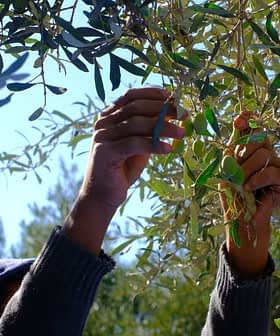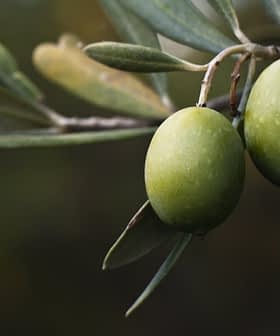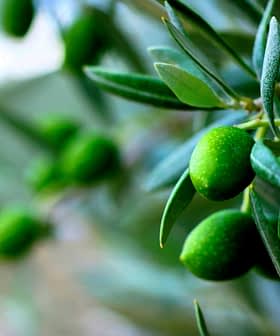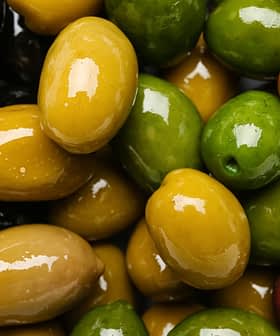Pulsed Electric Technology Increases Yield and Quality, Study Finds
A study from the University of Perugia confirms that pulsed electric field technology increases both the quality and yield for three different olive cultivars.
A study conducted by researchers at the University of Perugia in Italy found that using pulsed electric field (PEF) technology on olive paste can increase olive oil yield by 2.3 to 6 percent, as well as improve the quality of the oil produced. The study tested three different olive cultivars and found that all of them produced higher quality and quantity of oil when extracted using PEF technology, which has been refined into a commercial product called OliveCEPT by Arc Aroma.
Olive oil yield and quality can be significantly improved through the use of pulsed electric field (PEF) technology, a new study has found.
The study, which was conducted by researchers at the University of Perugia in Italy, found that passing an electrical current through olive paste saw between a 2.3 percent and six percent increase in olive oil yield. The use of PEF technology also significantly increased the quality of the oil that was produced from this extraction method.
The OliveCEPT as a finished product ensures an extraction increase by at least five percent and increases the quality by increased polyphenols, richer taste, better color and higher oxidative resistance.
The study involved testing three different olive cultivars – Carolea, Coratina, and Ottobratica – in order to test their relative yields when oil was extracted using PEF. All three cultivars produced both higher quality and quantity of oil as a result of this extraction method.
This breakthrough in oil extraction comes courtesy of Arc Aroma’s OliveCEPT machine. Using an electric pulse to break down the cell walls within olives, it is possible to drain more oil from within the flesh of the fruit.
See Also:Olive Oil Research NewsIn addition to this increase in oil yield, OliveCEPT also has a fortuitous side effect: the oil produced from PEF technology is of a higher quality than oil produced from traditional methods. The oil is purer and has a longer shelf life.
According to Arc Aroma CEO Johan Möllerström, there had initially been concerns that PEF extraction might lead to greater oxidation of the oil as it was being extracted, thereby reducing the time before the oil would start to decay.
“In fact, the opposite was observed with CEPT treated oil having a higher resistance to oxidation and thus was proved to have longer shelf life than untreated due to the increased concentration of antioxidants in the oil,” Möllerström said.
Research into PEF has been underway for several years at this point. Due to the time involved in the process of conducting, writing, and publishing academic literature, the results in the recently published study from the University of Perugia was conducted using an early prototype of the OliveCEPT machine.
According to Möllerström, the primary benefit of the research that went into the study was that it allowed Arc Aroma to accurately measure the impact of PEF on the three tested olive cultivars. It was important to determine whether PEF would be useful for a single type of olives, or whether it would provide similar results for a variety of different commercially used cultivars.
Since all three types of olives produced a better yield when subjected to a pulsed electrical field, it became clear that the technology could be put to use on different cultivars of olives.
In the time since the University of Perugia’s study was conducted, the OliveCEPT technology has been refined into a finalized commercial product, which Möllerström said offers even better results than have been reported in the study.
“The OliveCEPT as a finished product ensures an extraction increase by at least five percent and increases the quality by increased polyphenols, richer taste, better color and higher oxidative resistance,” he said.
As it has been proven that PEF can be applied to many different kinds of olives, Arc Aroma is also undertaking research into additional uses for the technology. The company has also developed a similar machine, JuiceCEPT, which applies the same PEF technology to the extraction of fruit juices.
According to Arc Aroma, JuiceCEPT similarly provides a higher quality and quantity of fruit juice, and Möllerström said it will be interesting to see what other food production fields might benefit from the application of PEF.









